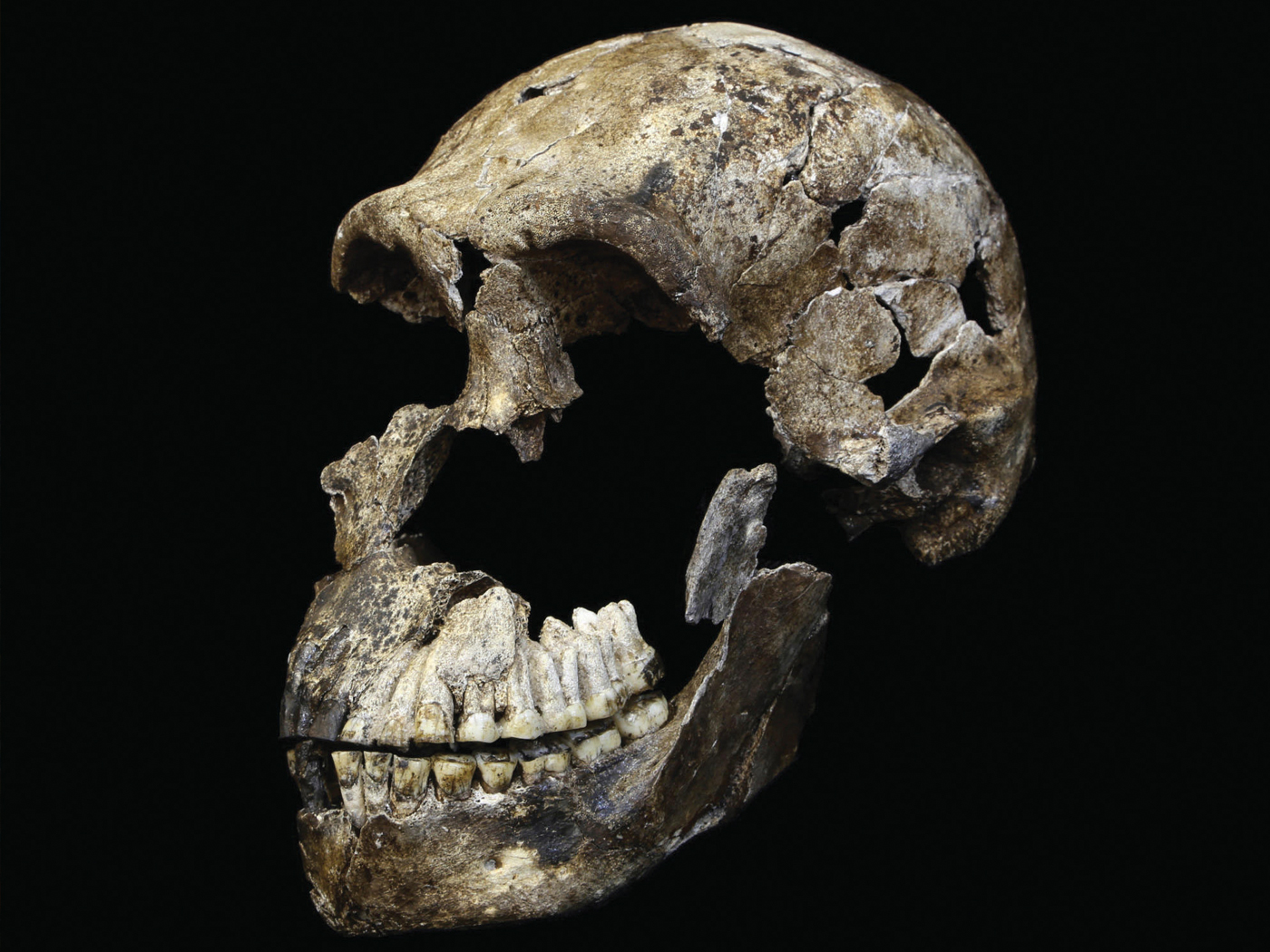Search Tools
New Defender's Study Bible Notes
Introduction to Nehemiah
Since Ezra and Nehemiah were once considered to be one book, and since Ezra and Nehemiah were contemporaries in post-exilic Jerusalem, there is much in common between the two books (see “Introduction” to Ezra). In fact, many of the ancient scribes believe Ezra actually wrote the first few chapters of Nehemiah, but the internal evidence strongly favors Nehemiah as the author.
Nehemiah was a high official in the court of Artaxerxes, king of Persia. As a Jew, however, he was greatly concerned about the reestablishment of Jerusalem and the temple back in Israel. Approximately fourteen years after Ezra received his decree from the king Artaxerxes, Nehemiah obtained another decree from the same king, giving him authority to rebuild the wall and the city as a whole. This was almost certainly the decree prophesied by Daniel as the beginning of the “seventy weeks” in Daniel’s famous prediction of the coming of the Messiah (Daniel 9:24-27).
Under Nehemiah’s dynamic leadership, the walls were quickly rebuilt, despite much opposition from the previous inhabitants of the land. Under Ezra’s spiritual leadership, and Nehemiah’s governmental leadership, the remnant nation experienced a significant religious revival, though it never again gained complete independence.
1:1 twentieth year. That is, the twentieth year of Artaxerxes’ reign (Nehemiah 2:1). This would be thirteen years after this same king sent Ezra to Jerusalem (Ezra 7:7).
1:1 Shushan. Shushan is the same as Susa, the winter capital of the great Persian empire, about 250 miles east of Babylon, well identified and confirmed archaeologically.
1:2 Hanani. Hanani was evidently Nehemiah’s brother (Nehemiah 7:2) and so would naturally report back to Nehemiah after making the thousand-mile, four-month (Ezra 7:9) journey from Jerusalem to Shushan. He arrived in the month Chisleu (Nehemiah 1:1), corresponding to our November-December.
1:3 broken down. The wall of Jerusalem had apparently been at least partially built by Zerubbabel (Ezra 4:12; 5:3,8). Many years had passed, however, and the returning exiles had encountered continuing serious opposition from the people of the land, so their wall had fallen into decay by Nehemiah’s time. Therefore, Nehemiah sought and obtained approval to rebuild and finish the wall (Nehemiah 2:8).
1:6 we have sinned. As had Ezra (Ezra 9:5-15), so Nehemiah assumes that he personally is associated with the sins of Israel as a nation.
1:8 scatter you abroad. God’s ancient prophetic warnings through Moses (Leviticus 26:33, etc.), as well as His more recent warnings through His prophets (e.g., Jeremiah 25:11), had been fulfilled. Nevertheless, as Nehemiah “reminded” God, He had also promised to restore them to their land if they would return to the Lord (e.g., Deuteronomy 30:1-5).
l:11 the king’s cup bearer. This position was one of high trust and responsibility, as well as close fellowship with the king. The cupbearer risked his life daily for the king, tasting all his beverages first to thwart any attempted assassination of the king by poison.










